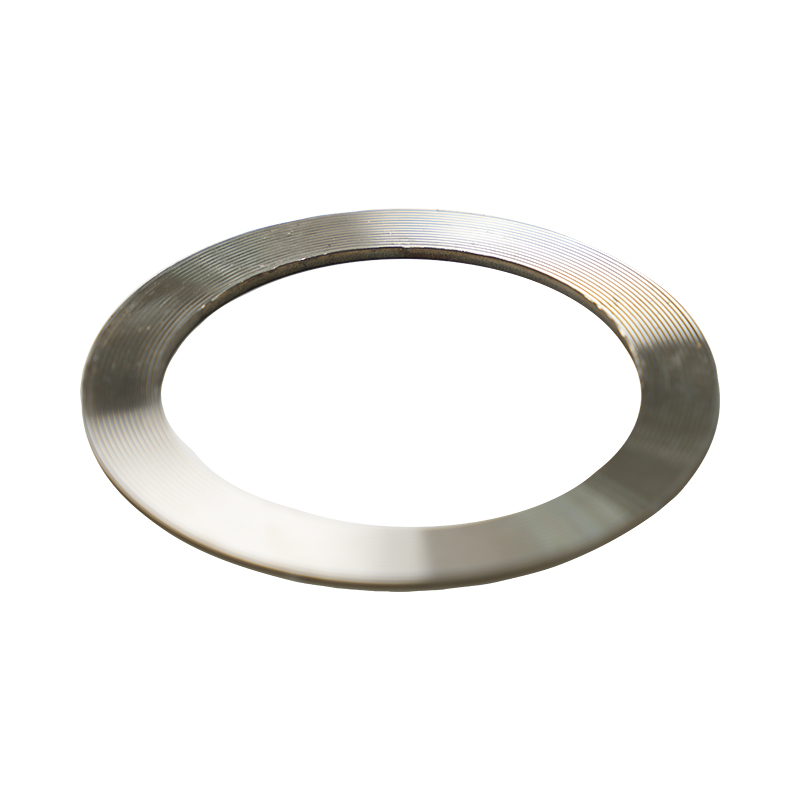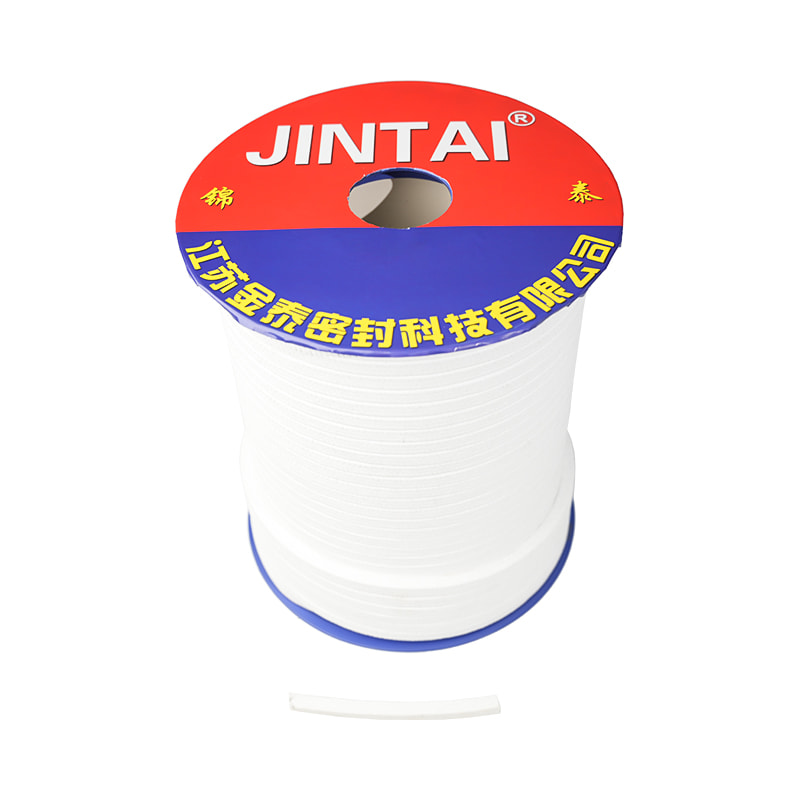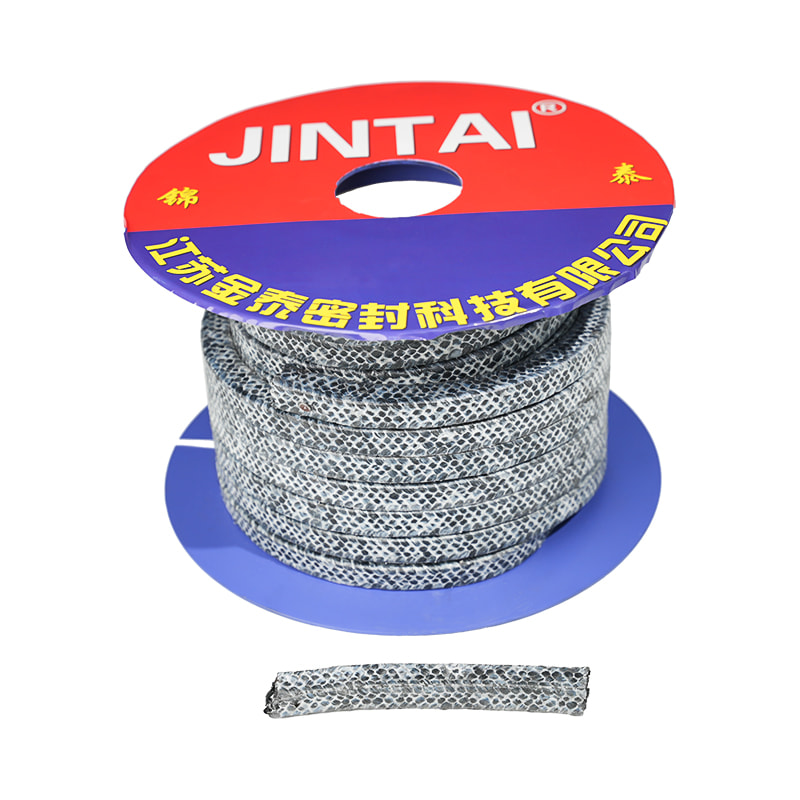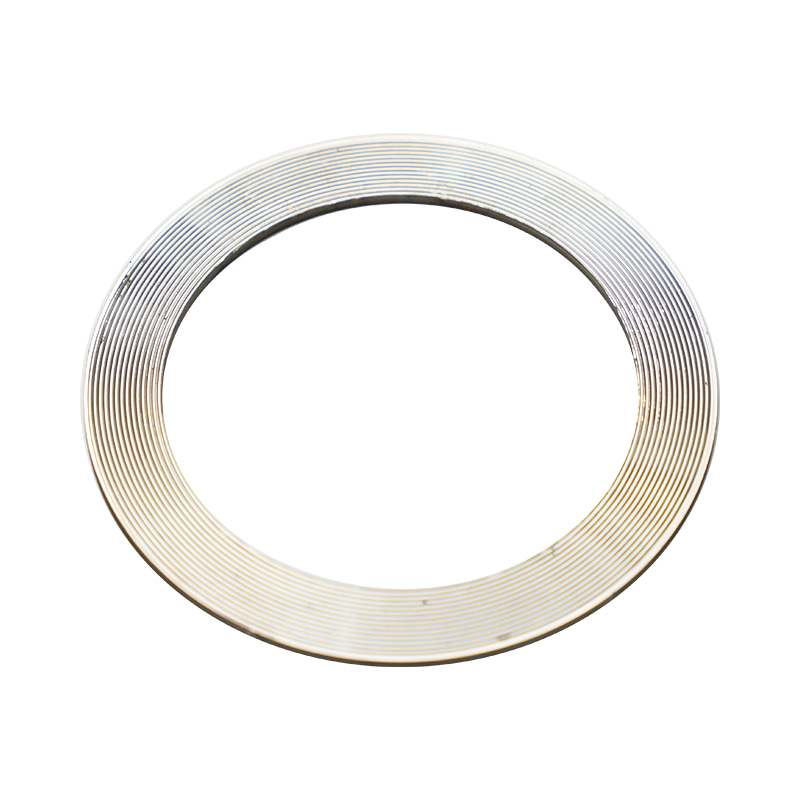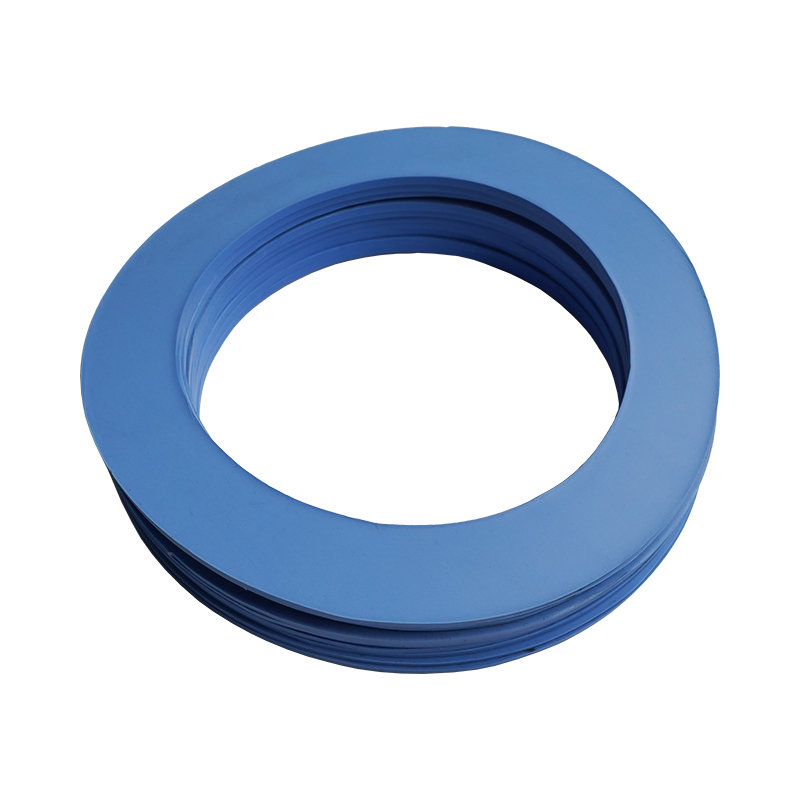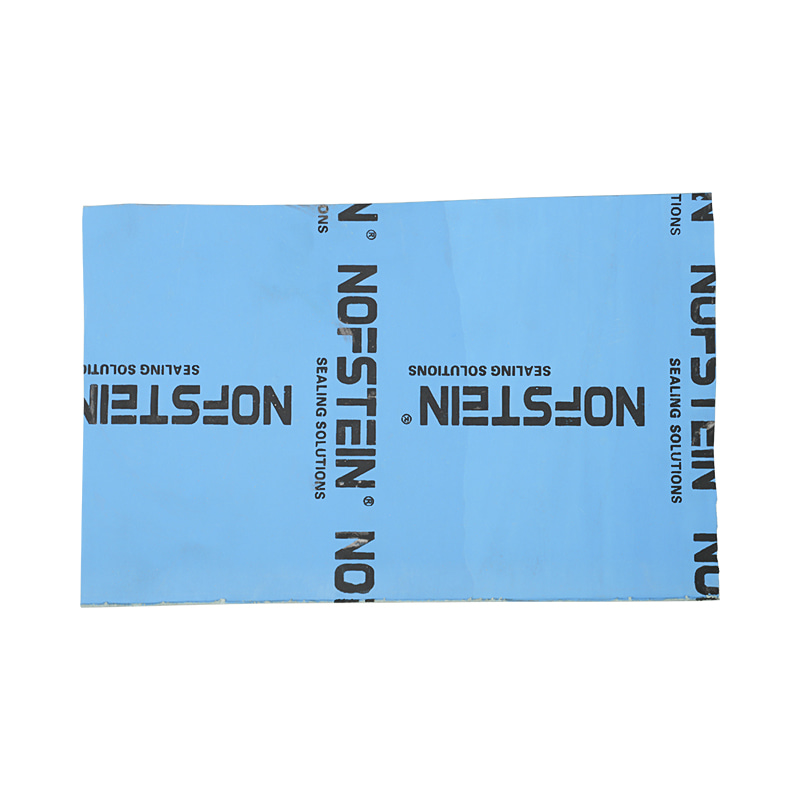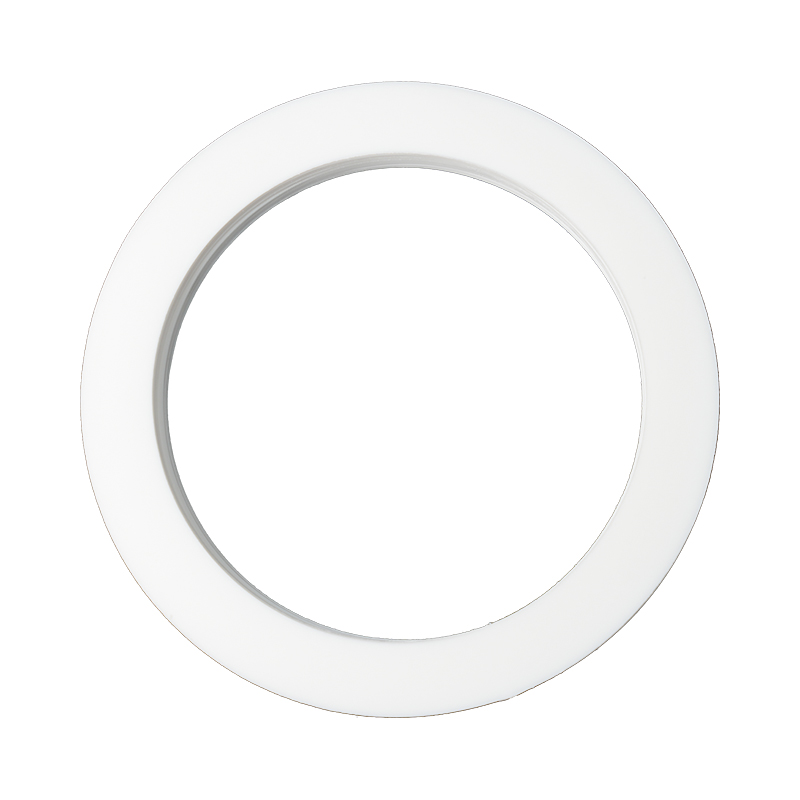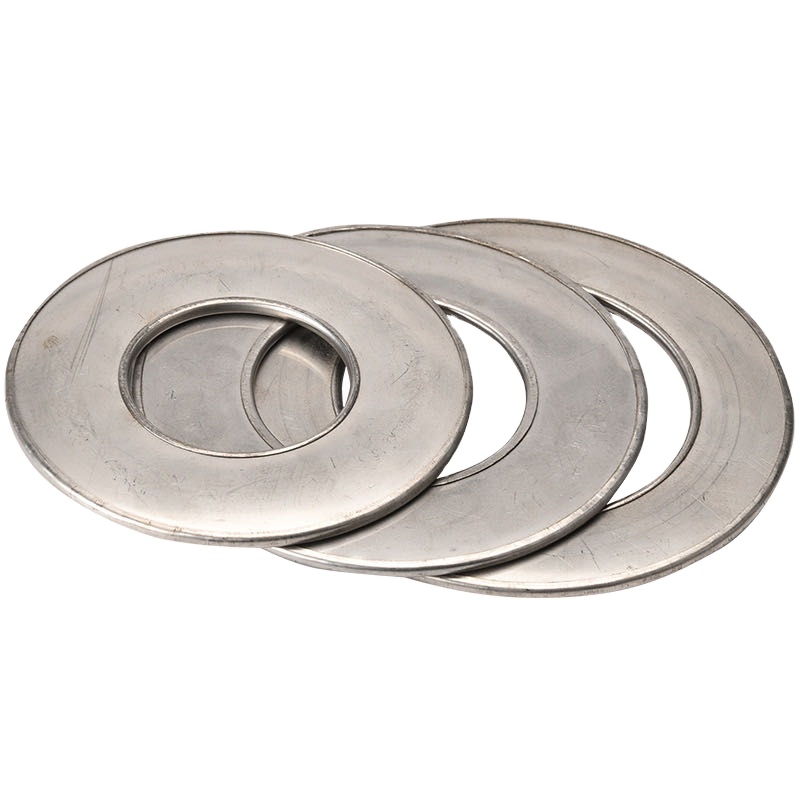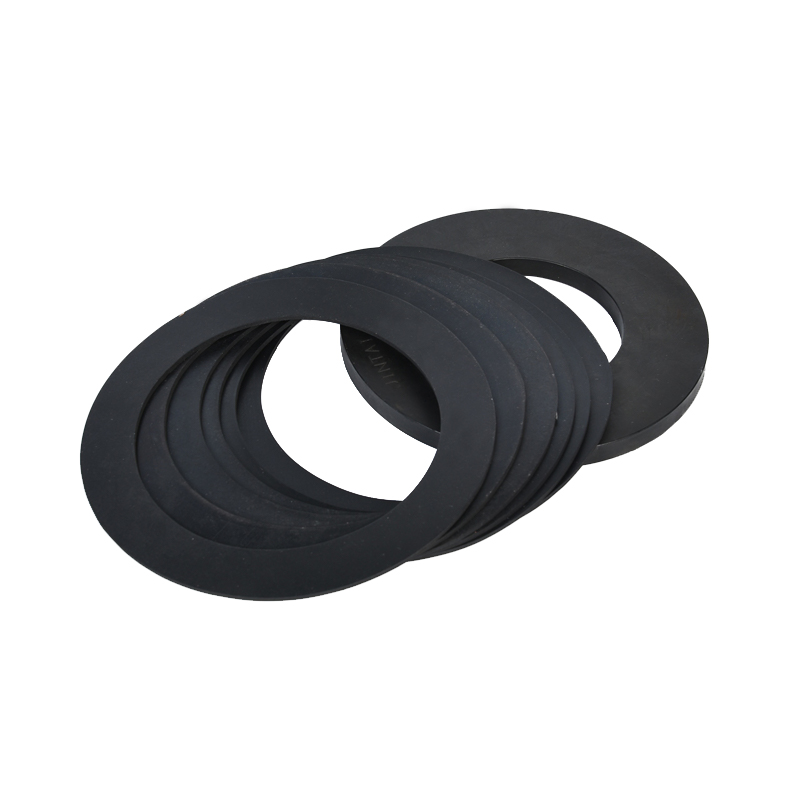Ultimate Guide to High-Temperature Metal Gaskets: Types, Selection, and Failure Prevention
 2025.06.19
2025.06.19
 Industry News
Industry News
High-temperature metal gaskets are critical components in industries such as oil & gas, power generation, chemical processing, and aerospace. They ensure leak-proof sealing in extreme heat, pressure, and corrosive environments. Choosing the right gasket can significantly impact equipment performance, safety, and maintenance costs.
1. Best High-Temperature Metal Gasket for Industrial Applications
Key Considerations for Industrial Use
High-temperature metal gaskets must withstand thermal cycling, chemical exposure, and mechanical stress. The most common materials include:
Stainless Steel (304, 316, 321) – Good for moderate heat and corrosion resistance.
Inconel (600, 625, 718) – Excellent for extreme heat (up to 1000°C+) and oxidation resistance.
Titanium & TZM Alloy – Used in aerospace and high-stress environments.
Graphite-Filled Spiral Wound Gaskets – Ideal for high-pressure steam and chemical applications.
Applications in Key Industries
Oil & Gas – Wellheads, flanges, and refinery piping.
Power Plants – Boilers, turbines, and exhaust systems.
Chemical Processing – Reactors, heat exchangers, and corrosive fluid handling.
304ss/316ss Corrugated Metal Graphite Gasket
2. High-Temperature Spiral Wound Gasket: Types, Uses & Selection Tips
Types of Spiral Wound Gaskets
Standard Spiral Wound (SS304 + Graphite) – For general high-temperature sealing.
Inner & Outer Ring Reinforced – Prevents over-compression in high-pressure systems.
PTFE-Filled Spiral Wound – For chemical resistance in moderate heat.
How to Select the Right Spiral Wound Gasket
Temperature Range – Ensure the gasket material can handle peak operating temps.
Pressure Rating – Higher PSI requires reinforced designs.
Media Compatibility – Check chemical resistance against fluids/gases in the system.
3. How to Choose the Right Metal Gasket for Extreme Heat (300°C+)
Factors Affecting Gasket Performance in Extreme Heat
Thermal Expansion – Metals expand at high temps; the gasket must compensate.
Creep Relaxation – Some materials deform under prolonged heat exposure.
Oxidation & Corrosion – Certain alloys degrade faster in aggressive environments.
Recommended Gasket Materials for 300°C+
| Material | Max Temp (°C) | Best Applications | Key Properties |
|---|---|---|---|
| Inconel 625 | 980°C | High-pressure steam systems, exhaust manifolds | Excellent oxidation resistance, maintains strength at high temps |
| Flexible Graphite | 3000°C (in inert gas) | Flange connections, heat exchangers | Exceptional thermal conductivity, chemically inert |
| Titanium | 600°C | Aerospace components, chemical reactors | High strength-to-weight ratio, corrosion resistant |
| Stainless Steel 316 | 870°C | General industrial applications | Good balance of cost and performance |
| TZM Alloy | 1200°C | Nuclear applications, furnace parts | Extreme temperature stability, low thermal expansion |
4. High-Temperature Gasket Failure: Causes and Prevention Methods
Common Causes of Failure
Thermal Cycling – Repeated heating/cooling weakens the gasket over time.
Improper Installation – Uneven bolt loading leads to leaks.
Chemical Attack – Acids, alkalis, or solvents degrade gasket materials.
Over-Compression – Crushing the gasket reduces sealing ability.
How to Prevent Gasket Failure
Use the right material for temperature and chemical exposure.
Follow torque specifications to avoid under/over-tightening.
Inspect gaskets regularly for wear, cracks, or deformation.
Consider gasket design (e.g., spiral wound vs. solid metal) based on application.

 Eng
Eng  русский
русский
